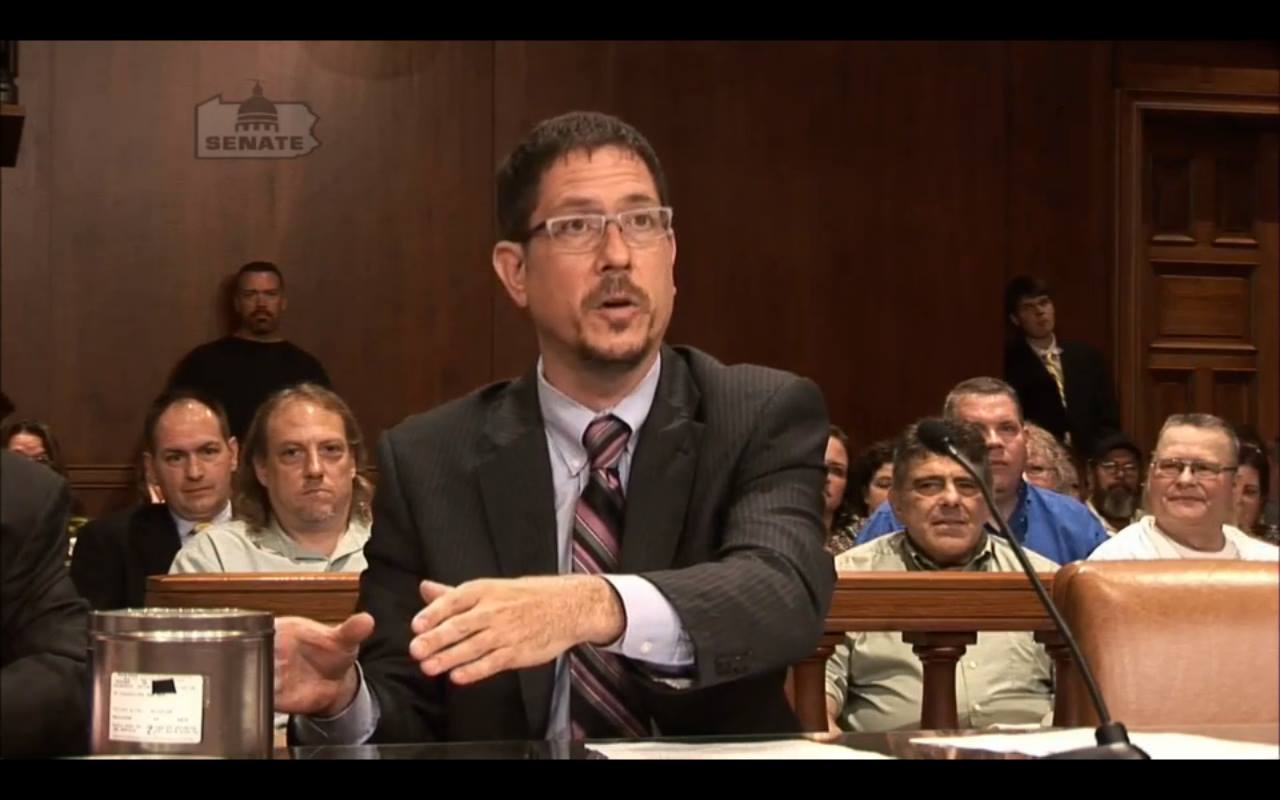Debunking the Process of Federal Appeals: What You Required to Know
Browsing the detailed world of government appeals can usually feel like going across undiscovered waters for those unfamiliar with the procedure. Understanding the nuances of appellate court jurisdiction, the intricacies of filing a notice of allure, offering an engaging short, and making an influential oral debate are vital elements that can dramatically affect the outcome of an instance. By unraveling the layers of intricacy surrounding government appeals, people can gain a clearer understanding right into the systems that regulate this essential phase of the legal system.
Comprehending Federal Appeals Process
Exploring the intricate realm of the government allures procedure reveals a systematic and organized trip via the judicial system - alabama federal appeals attorneys. Federal appeals function as a critical mechanism for reviewing choices made by lower courts. Recognizing this process is essential for any person associated with lawful proceedings at the government level
The procedure normally begins with a party dissatisfied with a reduced court's judgment filing a notice of allure. This triggers an evaluation by a higher court, where a panel of courts evaluates the legal disagreements offered by both celebrations. Briefs describing the lawful reasoning behind each party's placement are submitted, and oral debates may be heard to clarify complex issues.
The appellate court's choice is based upon a comprehensive exam of the lower court's proceedings and the disagreements offered. The judges do not focus however reconsider truths on whether legal errors happened that affected the lower court's decision. When the appellate court gets to a choice, it can verify, turn around, remand, or modify the reduced court's ruling, supplying clearness and finality to the legal disagreement. Comprehending this procedure is essential for browsing the complexities of government appeals successfully.
Appellate Court Jurisdiction Explained

Appellate courts have territory over details types of cases, commonly those entailing legal mistakes, procedural issues, or questions of law as opposed to accurate conflicts. The territory of appellate courts is normally outlined in statutes and laws that control the court system. Understanding appellate court jurisdiction is critical for parties associated with the allures procedure as it establishes whether an instance is qualified for evaluation and the extent to which the appellate court can intervene in the lower court's decision.
Filing a Notice of Appeal
The initial action in commencing the government charms procedure entails submitting a Notification of Charm with the proper appellate court. arkansas federal appeal lawyers. This crucial file formally alerts the court and the other parties associated with the situation that the appealing party plans to seek a review of the lower court's choice. Submitting a Notice of Appeal is find here a strict step-by-step requirement that establishes the appellate procedure in movement
When preparing the Notification of Appeal, it is important to guarantee compliance with the certain regulations and guidelines of the relevant appellate court. The record should typically consist of information such as the instance name, the reduced court's name, the date of the judgment being appealed, and a succinct declaration indicating the premises for the charm.
When filing a Notice of Appeal,Timeliness is of the essence. Missing the deadline for submitting this file can result in the appeal being rejected, highlighting the relevance of prompt and exact initiation of the allures procedure. It is a good idea to look for lawful guidance to navigate the intricacies of submitting a Notice of Appeal efficiently.
Instruction and Dental Debate
In the appellate process, presenting composed briefs and participating in dental arguments play essential duties in supporting for the appealing celebration's position before the appellate court. Briefs are extensive legal files that detail the celebrations' debates, lawful authorities, and evaluation sustaining their placements. These created entries provide the court with a comprehensive understanding of the truths of the instance, the pertinent legislation, and why the appealing event thinks the reduced court's choice need to be rescinded.
Following the submission and review of the briefs, oral debates use the celebrations a chance to additional clarify their placements, resolve any kind of concerns the appellate judges may have, and highlight bottom lines from their created briefs. Dental disagreements are a chance for the lawyers to encourage the courts with verbal advocacy and reactions to inquiries from the bench.

Obtaining the Appellate Court Decision

Verdict
Understanding the appellate court territory, filing a notice of allure, preparing briefs, and providing dental debates are all crucial components of this process. Eventually, getting the appellate court decision can supply clearness and resolution to legal disagreements.
As we proceed from understanding the government charms procedure to exploring the details of appellate court territory, a basic facet comes to light relating to the authority and limitations of these greater courts in the legal landscape. Appellate court jurisdiction refers to the extent of cases that a specific appellate court has the power to review and make a decision upon. Unlike test courts that hear situations for the first time, appellate courts are limited to assessing choices made by lower courts. Comprehending appellate court territory is vital for celebrations included in the charms process as it identifies whether a situation is eligible for review and the extent to which the appellate court can intervene in the reduced court's choice.
Whether the appellate court attests, turns around, or remands the reduced court's choice, comprehending the ramifications of the ruling is essential for all parties involved in the appellate process.